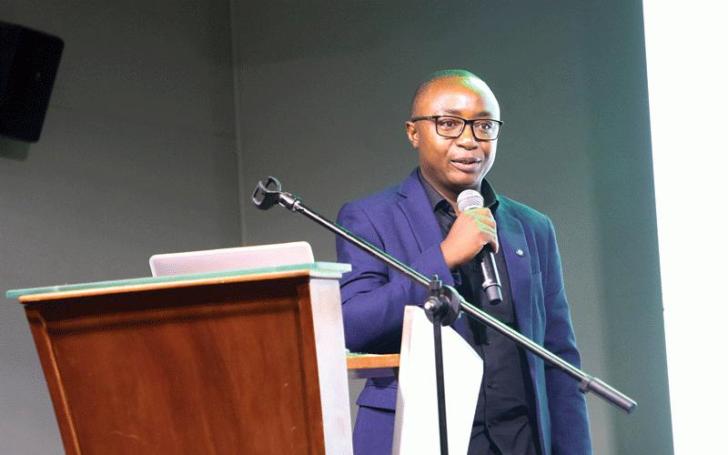News / National
History of Zimbabwe 90% distorted
05 Nov 2024 at 08:16hrs |
0 Views

Former Zimbabwe People's Revolutionary Army (Zipra) fighters have been called upon to document their liberation struggle experiences to preserve Zimbabwe's authentic history and prevent distortions.
Speaking last week at an exhibition on the Soviet and Russian role in Zimbabwe's liberation struggle, Gilbert Moyo, projects director of the Joshua Nkomo National Foundation, emphasized the need for first-hand accounts to maintain the accuracy of Zimbabwe's historical record.
"I urge all former Zipra fighters here to document and write books about their experiences during the liberation struggle," Moyo said. "Remember that history is written by the victor, hence it is important for you to pen everything before you pass away. Our history is not documented, so there is a need to write it down - even if it's a 10-page or 20-page book."
Moyo highlighted the importance of these records for posterity, urging veterans to consider the legacy they would leave for future generations.
Retired Brigadier General Abel Mazinyane, a former Zipra fighter, echoed Moyo's sentiments, stressing the need to preserve the memories of those who fought for Zimbabwe's independence. "Documenting our experiences will make the youths who read the books proud of how we fought for our country ourselves," he said, adding that such records would inspire young people to value and continue preserving Zimbabwe's history.
Former Zipra commander Thomas Ngwenya also spoke on the importance of documenting these stories, noting that much of Zimbabwe's history has been misrepresented. "What I can say is that 90% of the history in Zimbabwe is distorted. I already have a file where I write my own history. As for the Zipra experiences, most of the history has been washed and is flowing in many rivers," Ngwenya said.
In 1982, during the height of the Gukurahundi period, the government confiscated war records and properties belonging to Zapu and Zipra, leading to the loss of valuable historical information. The call to document these accounts comes as an effort to rebuild and protect Zimbabwe's liberation history, ensuring future generations understand the sacrifices made for independence.
Speaking last week at an exhibition on the Soviet and Russian role in Zimbabwe's liberation struggle, Gilbert Moyo, projects director of the Joshua Nkomo National Foundation, emphasized the need for first-hand accounts to maintain the accuracy of Zimbabwe's historical record.
"I urge all former Zipra fighters here to document and write books about their experiences during the liberation struggle," Moyo said. "Remember that history is written by the victor, hence it is important for you to pen everything before you pass away. Our history is not documented, so there is a need to write it down - even if it's a 10-page or 20-page book."
Moyo highlighted the importance of these records for posterity, urging veterans to consider the legacy they would leave for future generations.
Former Zipra commander Thomas Ngwenya also spoke on the importance of documenting these stories, noting that much of Zimbabwe's history has been misrepresented. "What I can say is that 90% of the history in Zimbabwe is distorted. I already have a file where I write my own history. As for the Zipra experiences, most of the history has been washed and is flowing in many rivers," Ngwenya said.
In 1982, during the height of the Gukurahundi period, the government confiscated war records and properties belonging to Zapu and Zipra, leading to the loss of valuable historical information. The call to document these accounts comes as an effort to rebuild and protect Zimbabwe's liberation history, ensuring future generations understand the sacrifices made for independence.
Source - newsday
Join the discussion
Loading comments…










































